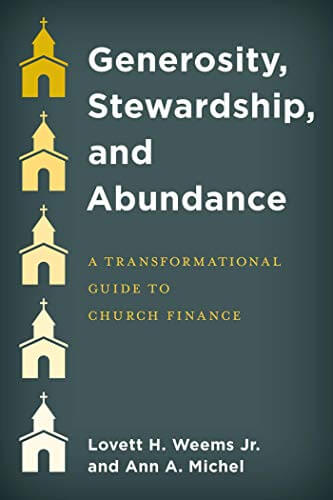Some churches have endowments in which the principal is invested, with the earnings made available to support the work of the congregation. One pastor said to me, “I think endowments are a curse upon the church. My last church had a substantial endowment, and it was the reason I could never develop a sense of stewardship in the people. It hurt us spiritually in a very significant way.”
Endowments can be your master, or they can be your servant. It has everything to do with your endowment policy.
I have heard this on numerous occasions. I do not doubt the pastor’s sincerity. He had experienced the horror of a church enslaved by an endowment. On the other hand, many churches have been set free by those same gifts. Endowments can be your master, or they can be your servant. It has everything to do with your endowment policy. Too many churches accept endowment gifts without good policies. This leaves the endowment at the mercy of each year’s new crop of leaders. Never ask people to give to an endowment through planned giving or other means until you have a comprehensive endowment policy in place.
The policy should state that funds from the endowment cannot be used for normal operations of the church. Endowment should not replace the congregation’s annual giving but should expand giving. Done right, this policy can actually help increase giving. Done wrong, and just the opposite will occur. My preference is to restrict undesignated endowment funds initially to maintenance and capital improvements. Churches notoriously let their buildings go until the last minute. Roofs leak for too long. Walls go forever without being painted, and HVAC units live on way past their prime. When these items are dealt with from endowment earnings, then persons feel good about their church and often want to give even more for programs made possible when facilities do not claim so much of the operating budget. Once these maintenance funds reach a certain percentage of the budget, then the next monies can go as seed money for new ministries for a maximum of two years, at which time the ministry must be placed within the operating budget.
The policy should also state that the endowment principal can only be used in cases involving the very survival of the church itself and then only with 90% of the leadership body in favor. Anything otherwise will severely hurt your ability to receive future gifts. At no time should you make the mistake of borrowing from the endowment. This breaks a trust that you may never get back.
Endowment policies are your key to making endowments your servant rather than your master. Get yours in place right now, and then begin to seek planned gifts this year.







